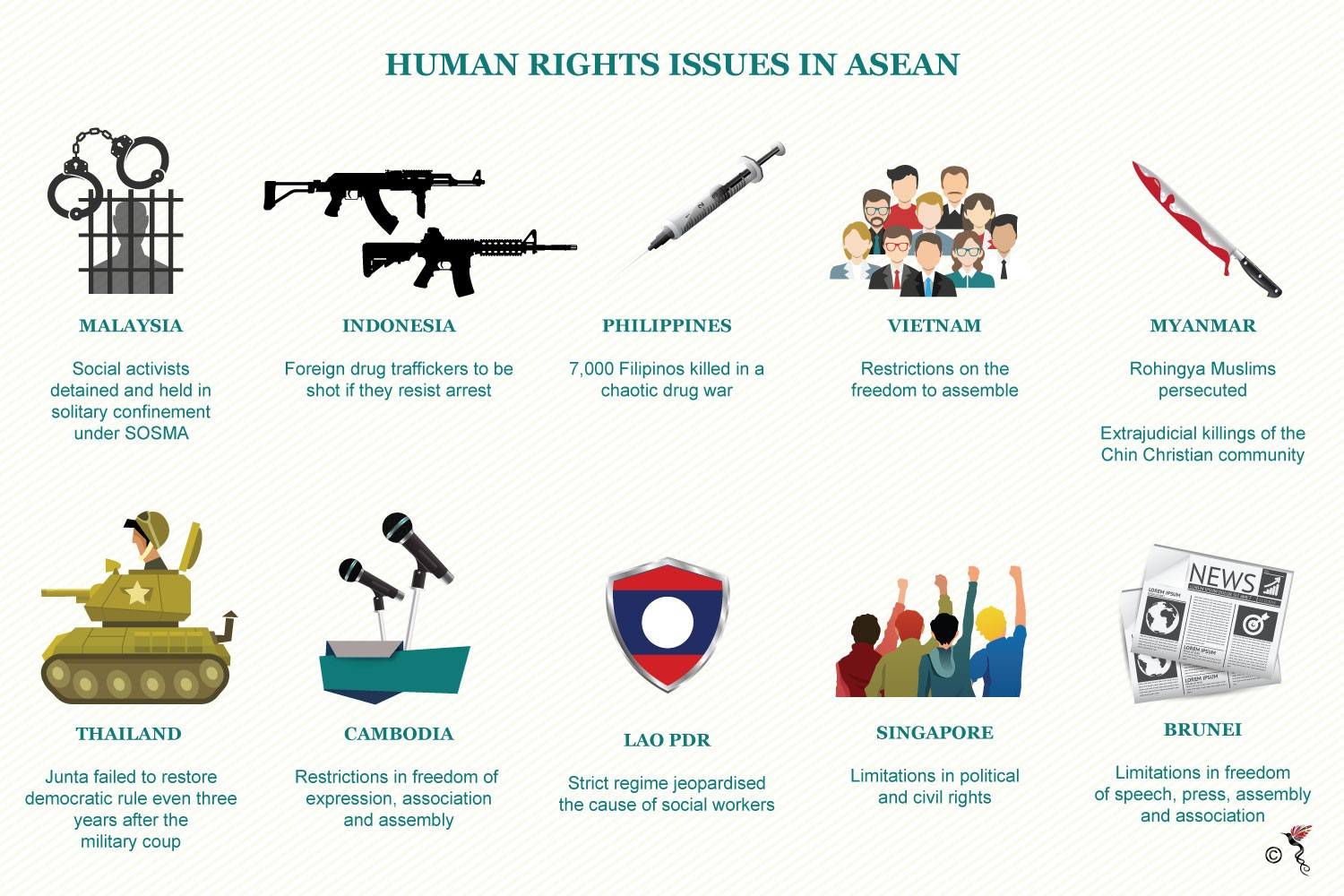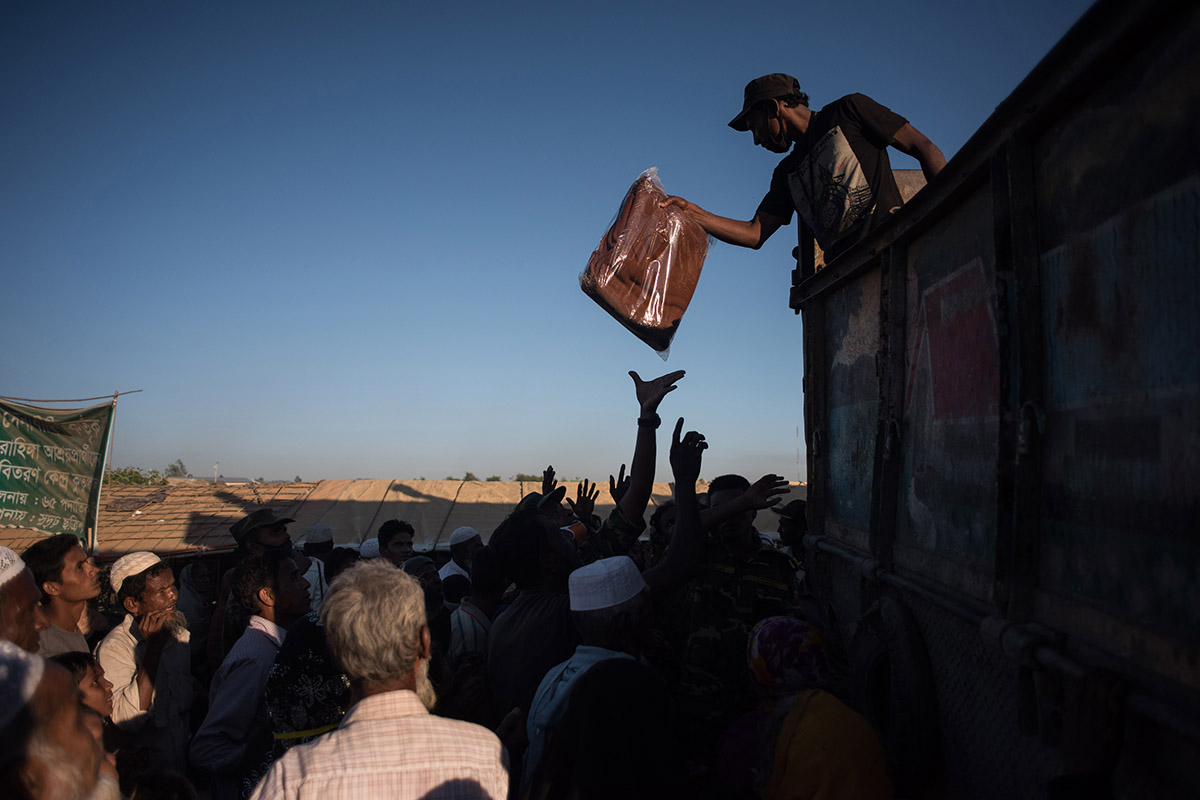In conjunction with Human Rights Day 2017, the ASEAN Parliamentarian for Human Rights (APHR) committee constituting of lawmakers from across the Southeast Asian region have reiterated that “2017 has been a challenging year for human rights advocates in Southeast Asia.”
Taking the Rohingya crisis in Myanmar and the bloodshed in Philippines’ war on drugs and the crackdown on press freedoms across the region as prime examples of human right catastrophes which are still yet to be resolved, makes it clear that there is a lot of work to be done in the coming year.
Chairperson of APHR, Charles Santiago, stated in a press statement, “in country after country, we have witnessed backsliding on democracy and human rights commitments and seen vulnerable communities increasingly put at risk.”
“Among the most concerning developments have been an all-out assault on democracy and civic space in Cambodia, the perpetuation of a bloody war on the poor in the Philippines, and unspeakable atrocities committed against the Rohingya in Myanmar. Meanwhile, the trend of shrinking democratic space in the ASEAN region has only grown starker,” he added.

Examples of human right issues in Southeast Asia.
Plans and Promises
Although the regional bloc has a fully functioning charter called the ASEAN Human Rights Declaration which was adopted unanimously by its member states in November 2012, ASEAN has failed to uphold their promises by silently watching the violation of rights.
Moreover, the Declaration that reaffirms the respect for and promotion and protection of human rights and fundamental freedoms, as well as the principles of democracy, the rule of law and good governance itself has been criticized by the ASEAN civil society, international human rights organisations and the United Nations.
“Increasingly, we are seeing leaders at the national, regional, and global levels abdicating their responsibilities and failing to defend the rights and dignity of their people. ASEAN, in particular, must clarify where it stands.
Despite commitments included in its Charter to uphold human rights and promote democratic governance, ASEAN has stood by silently as human rights are violated, protections eroded, and democratic norms and processes trampled. If the regional bloc truly wants to embrace its people-centered mantra, it must work to shift course and address pressing human rights challenges,” he stated.
Light at the end of the tunnel
APHR’s statement represents a call to action. It demonstrates that the escalating human rights crisis in Southeast Asia more broadly is exacerbated by ASEAN’s failure to take effective action.
“In this deeply concerning regional and global context, it is critical that human rights defenders of all types, from grassroots activists to parliamentarians, join together to safeguard the rights of all. All is not dark, but there is more to be done,” Charles assured.
The APHR also applauded those on the ground including non-governmental organisations, movements and unions that are already joining hands in these tough times, doing what they can, where they can – just to ensure that the human rights cause is being held uprightly and have pledged “to working with them toward this goal” so that the region can be a better place to live and develop in.
Recommended stories:
